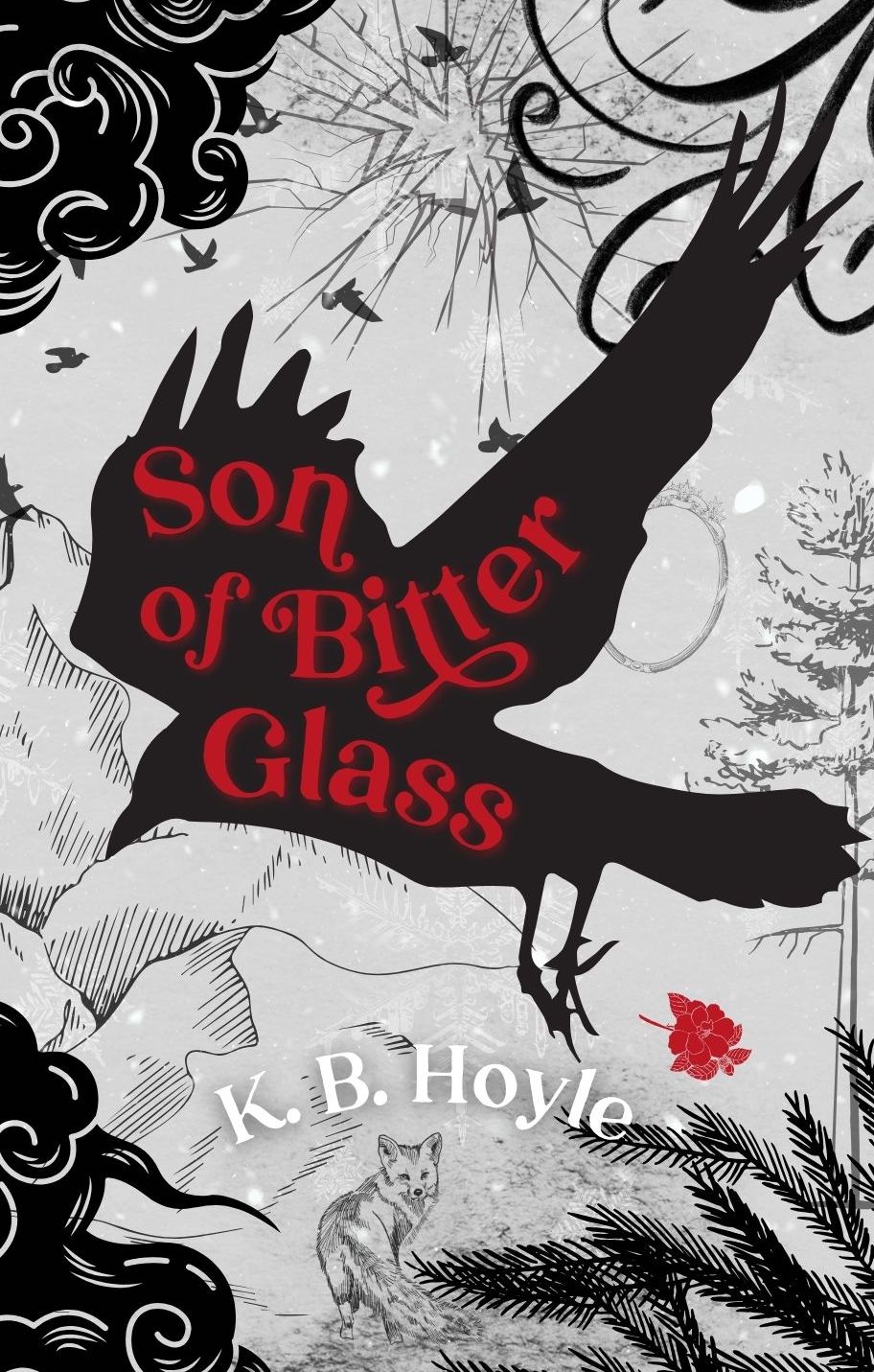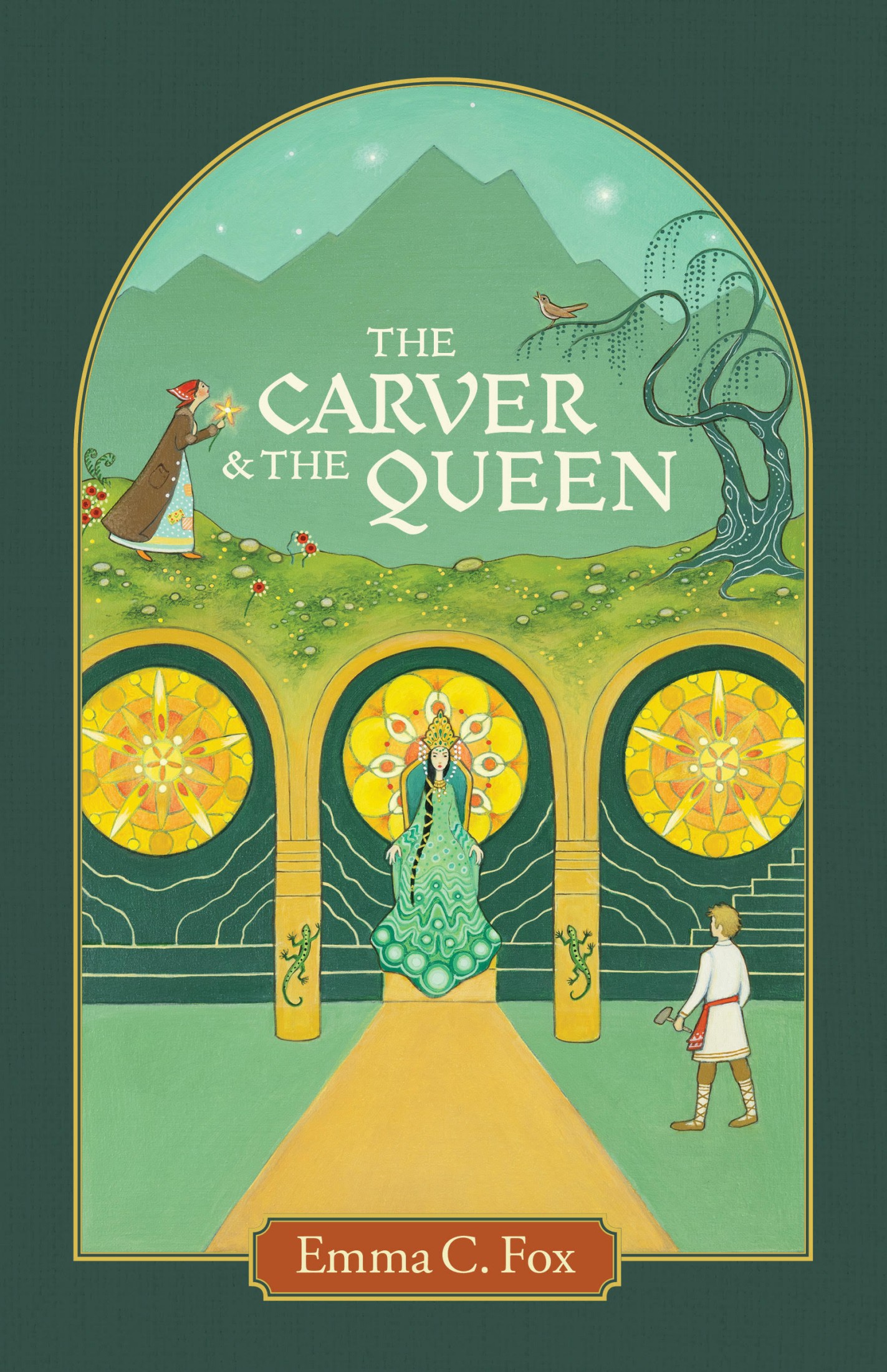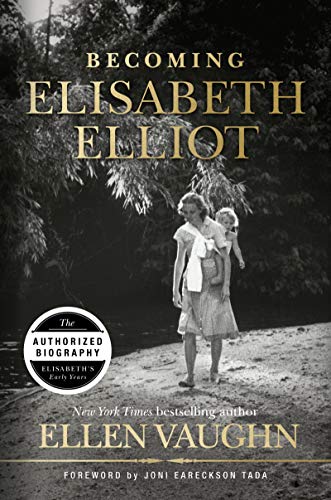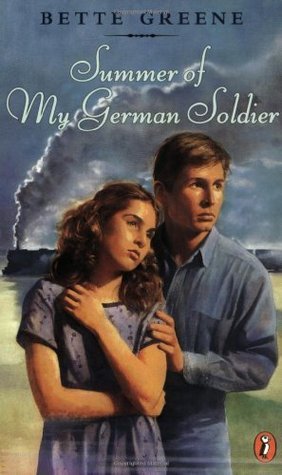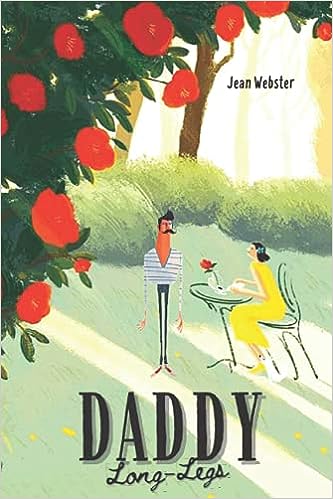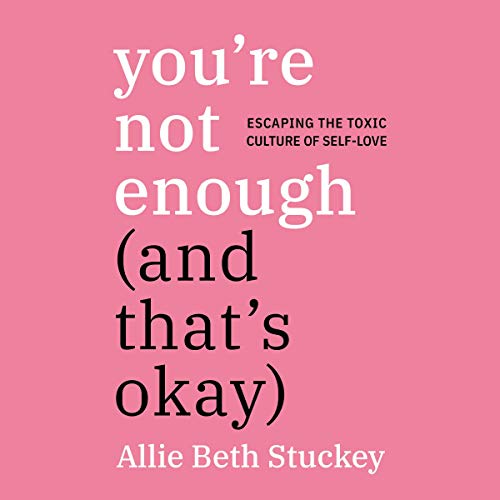grace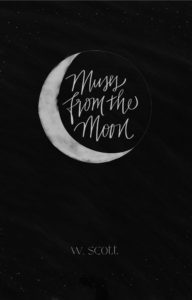
truth: even when the sky
doesn’t open sweetly
you can still find grace
growing from somewhere.
I avoided poetry for a very long time.
I appreciated literature as a child, growing up in a home where books were read-aloud every night and spending every free moment drinking in every Nancy Drew mystery and Janette Oke book I could get my hands on. However, my appreciation went only so far. There were many genres I had little use for, at least in my young and uninformed opinion at the time. The fact that memorizing Shakespeare was part of my homeschool curriculum may have quickly pushed me into a dislike of any poetry that wasn’t Emily Dickinson.
As I reached college and as I have continued learning and growing into adulthood, I have begun to appreciate the emotion and beauty of poetry.
I graduated college my sophomore year with an associate’s degree; however, during what would have been my junior year I stayed on to take a writing class. It was titled, “Creative Writing” and was taught by a woman who changed my perspective on writing and literature forever: Dr. Lori Muntz. Something happens when you are *cough* politely forced to write poetry. It’s like holding a diamond to the light. Once you see all the angles as the light filters through it in ways you didn’t see before, it is hard to continue shunning beauty you now understand more fully, whether it’s beauty as you define it or not.
The differing perspectives of various life stages as I have entered into adulthood and spent the last three years living alone as a single woman have also drastically moved my perception of poetry. The sadness expressed in many poems makes much more sense now that I have sustained loss and grief as an adult and as I have worked through bouts of depression. The hope and longing presented in poetry also has much greater power in moving me as I have walked “out of darkness and into great light” both circumstantially and spiritually.
What exactly is my point here? I’m waxing on about poetry, but I said this was a book review.
It is indeed a book review, but of a book of poetry. Dear reader, we must appreciate genres of literature for what they are and what they represent before we review things willy-nilly. If I had read this book, Muses From the Moon, when I was a senior in high school, I would have gotten nothing out of it. I would have passed it on as gibberish and fantastical nonsense, written only for the academic and literary geniuses who do nothing but read and critique literature all day.
My point is this: life experience alters our perspective on a rather massive scale at times. My life experience happens to have altered the way I see poetry. And that, dear reader, leads us to this review of an uncommonly relatable book of poetry (at least in my case.) Grab a cup of tea, and let’s get into it.
First things first!
Let me clarify: as much as I urge you, my readers, to learn appreciation for literary forms you don’t always partake of, I acknowledge that a book of poetry like this is not for everyone. This is a modern style of poetry, a form that I had a difficult time understanding (and still do many times!) but learned to admire after spending several weeks studying and writing in such a form. Avant-garde and free verse poetry is an altogether different style that is not appealing to everyone. With that clarification, let’s move on.
My first thought as I considered how to review this book of poems came in a single word: raw. These poems explore a difficult portion (and it seems like it might be a significant portion) of the author’s life experience, philosophy, and emotions. W. Scott doesn’t hold anything back from us, his honesty and pain seeps through his wounds and drips onto the paper in lines that cry out for hope, mercy, comfort, grace, and light. I was at first slightly wary of the depressing overtones of each poem. An overarching theme of emotional pain sometimes scares me off because I quickly find it dull and monotonous.
However – this was an ARC I received from the dear publishing company Owl’s Nest Publishing so I was not able to stop reading. Now on the other end of the book, I’m very glad I kept reading.
W. Scott, whom I know nothing about, seems to bring in his personal life as he write these poems. It’s very hip, vogue, in, however you want to say it, right now to be blunt, honest, and raw in writing. It’s becoming an over-done concept; however, W. Scott takes his turn and I found it interesting, even satisfying. If these poems are truly autobiographical as I believe they must be, I can relate to this writer on a fairly deep level: living without a biological father, having a loving but somewhat struggling mother, experiencing a strong desire for love and a chase for the care of the father who is missing.
For those who do not often read poetry, this book may feel disjointed or jarring like cracked glass. The poems are modern, they do not always make sense or follow a logical pattern every time. Yet, there is great beauty in the reality of the cracked glass – the glass has, so far, remained in one piece, though a fragmented piece it may be. This reminds me of a few verses that I will share with you. Psalm 37:23-24 “The Lord makes firm the steps of the one who delights in Him; though he may stumble, he will not fall, for the Lord upholds him with His hand.” The Lord has a purpose behind all suffering – even the grievous suffering clearly experienced by our poet. Though the poet may stumble, though the glass may crack, the Lord will uphold him (as he delights in Him) and will not allow him to fall, will not allow the glass to break. 1 Corinthians 13:12 “For now we see in a mirror dimly, but then face to face. Now I know in part; then I shall know fully, even as I have been fully known.” We may not understand the trials and tribulations we go through on this earth, neither is God required to explain all the details to us in the here in now. But our God of comfort reminds us through Paul that we can look forward to the day when we will know fully as He knows us fully. Not only that, but we can run to a pen (whether literally or figuratively) to release our cries of despair before the One who knows and has borne our griefs. (Isaiah 53:4)
Beyond the spiritual . . .
The layout of these poems is brilliant and earns a high-five from me! Creativity in the literary world doesn’t impress me very often in our current culture; however, the separation of the poetry into four categories (new moon, waxing crescent, waxing gibbous, and full moon) reflects the general tone of the poems in each section. Where books have the development of a plot, these poems develop slowly from the darkness of a new moon into a full moon of hope and love. Ultimately, we see a progression of growth in the philosophy of the poet. Despair lingers throughout – there is no doubt about that. But the development of hope in the midst of crushing depression is a testimony to the great and loving hand of the Heavenly Father who must truly be so dear to the heart of the poet.
Though this is modern poetry and a contemporary of our time, I cannot help but compare the emotion and the crying out to the Lord presented in these poems to the great songs of poetry written by King David and others in the wonderful book of Psalms. In a way, the writing cannot compare to that of the beautiful Psalms – those were, after all, inspired by God Himself. Nevertheless, the sentiment of embracing the heartache of our lives and running to our Great Father to cry out in our deepest need is an encouraging and uplifting theme to find in a book of modern poetry.
If you have the chance, take the time to hop over to owlsnestpublishing.com and take a look at this book of poetry (and everything else they have!) I was blessed by giving poetry a chance, maybe you will be too dear reader.
Until next time, have a wonderful Tuesday and go read a book!
![]()
